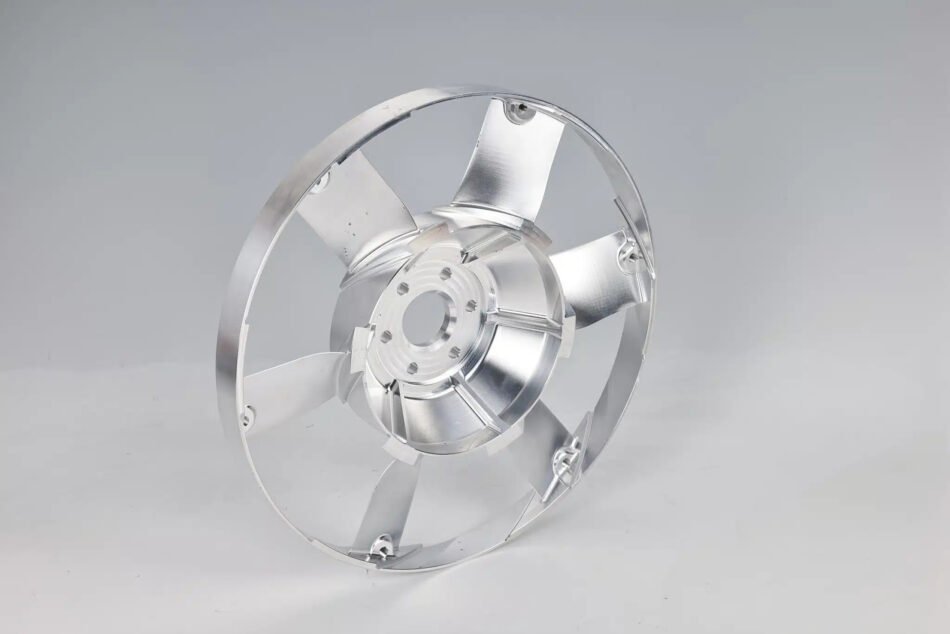Automation is redefining how industries manufacture components, and at the heart of this transformation lies CNC machining for automation. As production lines evolve toward smart, interconnected systems, manufacturers increasingly depend on CNC machining to deliver accuracy, repeatability, and adaptability all critical for automated environments. The question isn’t whether CNC machining fits into automation, but how it drives efficiency and precision to new levels.
Experience and Expertise Define Performance
Not every machine shop is prepared to meet the technical demands of automation. Those with years of experience, like Lewei Precision, bring deep process knowledge that goes far beyond operating a CNC machine. A proven track record means they’ve optimized workflows, mastered tight tolerance control, and maintained long-term partnerships with clients across robotics, automotive, and electronics industries.
Certifications still matter. ISO 9001:2015 sets the baseline, but projects supporting automated systems often demand more. For example, robotics assemblies or motion control systems may require specialized documentation, traceability, and consistent part validation. A partner who understands these nuances ensures your automation components meet both design intent and functional reliability.
Shorter Lead Times Through Smart Automation Integration
When automation meets CNC machining, time is no longer a constraint; it becomes an advantage. Modern machining centers equipped with tool changers and robotic loading systems run 24/7 with minimal supervision. This integration reduces downtime, accelerates turnaround, and keeps production predictable even for complex assemblies.
Before committing to a supplier, it’s important to ask:
- What’s the typical lead time for automated machining runs?
- Are robotic cells used for material handling or inspection?
- How do they maintain throughput consistency across high-volume orders?
Shops leveraging CNC machining for automation often outperform traditional facilities by combining robotics, AI-driven monitoring, and lean scheduling systems that ensure projects stay on track and parts arrive ready for integration.
Advanced Equipment That Aligns with Automation Demands
The best results come when equipment matches automation-level precision. Three-axis machining may suffice for simple brackets, but automated systems often require multi-axis components with complex geometries and zero-margin tolerances. That’s where 5-axis CNC machines excel, enabling continuous machining of intricate surfaces with minimal repositioning.
Equally important is compatibility with digital manufacturing ecosystems. A shop capable of processing CAD/CAM data seamlessly and executing toolpath simulations minimizes errors and optimizes setup times. From robotic housings to end-effectors, every component benefits from precision alignment between design and machining execution.
Quality Control: The Core of Automation Precision
CNC machining delivers accuracy, but quality control ensures reliability. Automation systems demand parts that fit perfectly, function consistently, and maintain performance across thousands of cycles. Leading manufacturers employ:
- In-process inspections using CMM and optical systems
- Automated defect tracking and traceability
- First article validation for every production batch
These systems eliminate variation and ensure each component integrates flawlessly into automated machinery.
Adaptability and Engineering Support
Designs in automation evolve rapidly. Sensors improve, motors shrink, and housings change shape. The ideal machining partner adapts quickly without compromising precision. Lewei Precision’s engineering team collaborates directly with clients to optimize manufacturability, suggest tolerance adjustments, and streamline setups, ensuring fast transitions from prototype to production.
Flexibility isn’t just about capacity; it’s about foresight. When production demands shift, having a CNC partner that can reprogram setups and adjust tooling swiftly keeps automation lines running smoothly.
Communication and Collaboration Are Key
Efficient communication is vital when precision and timing intersect. Automation projects often involve multiple suppliers from control systems to fabricated parts and seamless coordination prevents costly delays. Transparent updates, real-time progress reports, and accessible technical support distinguish a reliable machining partner from a reactive vendor.
A provider that treats communication as part of quality assurance ensures no specifications get lost between the drawing board and the factory floor.
Conclusion
In today’s automated manufacturing world, CNC machining for automation is more than a process; it’s the foundation of reliability and scalability. From robotics to precision motion systems, the partnership between automation and machining drives innovation, speed, and consistent quality.
Choosing the right machining provider isn’t about finding perfection; it’s about finding precision that aligns with your automation goals. With the right partner, you gain more than parts you gain the assurance that every component will perform seamlessly in your automated line.
To achieve that level of confidence, visit Lewei Precision and explore how expert CNC machining solutions can strengthen your automation systems.









